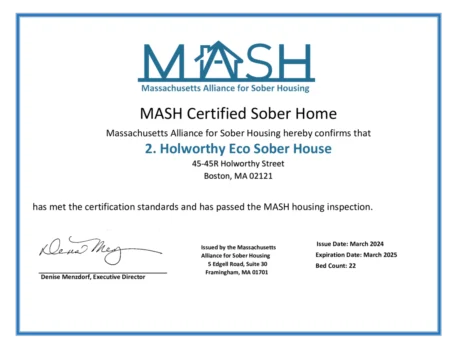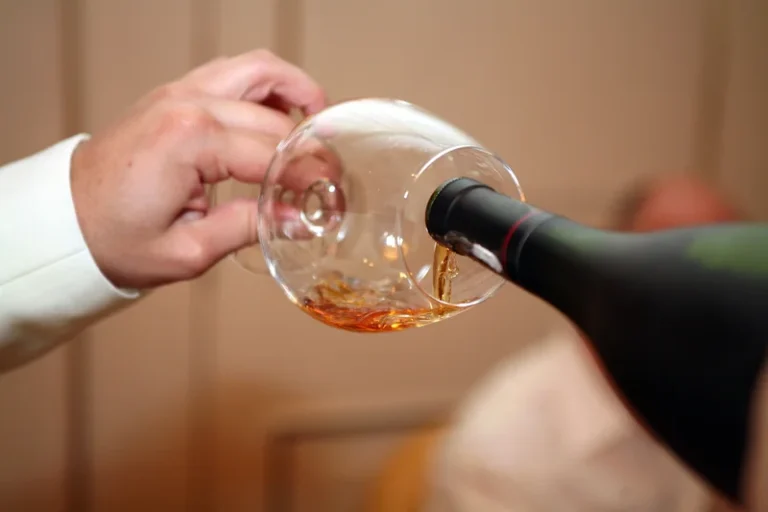
This scenario involves losing your sense of perception under the influence. As a result, you may be overly aggressive during a situation where you’d otherwise notice the cues that tell you to think more rationally. Depending on the frequency of your use, you may need to discuss alcohol tapering strategies with your doctor.
Treatment Options for Alcohol Abuse & Addiction
Moreover, alcohol also affects the information-processing pathways present among the brain cells. That is why drinking too much alcohol can cause adverse effects like confusion, impaired motor coordination, and inability to make decisions. In addition to the brain, alcohol also risks health as it can severely damage the liver, heart, digestive system, immune system, mood, and sleep.
Connect with Ashwood Recovery to Start Co-Occurring Disorders Treatment in Idaho Today
Add in alcohol =https://ecosoberhouse.com/ abuse, and the multitude of possible social, emotional, physical, financial, and behavioral problems related to alcohol addiction, and the risk factors and potential for negative side effects go up exponentially. The journal Experimental and Clinical Psychopharmacology reports on studies showing that alcohol can increase aggression in both men and women, but more so in men. Alcohol impairs a person’s executive functioning, making it harder for them to think clearly and make rational decisions.

How to Prevent and Treat Alcohol-Related Aggression
- If drinking causes a blackout, you may not even remember being aggressive unless someone reminds you about it.
- It is thus possible that therapists did not abide by treatment manuals and procedures or did so poorly, outside of awareness of the supervisors.
- When there isn’t enough serotonin, the limbic system begins to perceive threats where there may not be any.
- From exploring the neurological effects of alcohol as a depressant to unraveling the psychological complexities underlying anger manifestation, we have gained a profound understanding of the underlying mechanisms.
- If you find it hard to control your drinking or anger, consider professional help.
In order to maintain adherence to the treatment protocols, therapists referred to a condition-specific and session-specific content outline during each session. These content outlines provided reminders as to the manualized session content relevant to each therapy session. In the Western world, about 15% of people have problems with alcoholism at some point in time. About half of people with alcoholism will develop withdrawal symptoms upon reducing their use, with 4% developing severe symptoms. Benzodiazepines are effective for the management of symptoms as well as the prevention of seizures.
Techniques such as stress inoculation and cognitive restructuring help individuals identify and challenge negative thought patterns and develop healthier coping strategies for managing stress and anger triggers. By identifying triggers, stressors, and maladaptive coping mechanisms, treatment can target these underlying issues and promote healthier alternatives for managing emotions and cravings. Misconceptions often surround the relationship between alcohol consumption and emotional responses, particularly anger. Alcohol consumption significantly increases the likelihood of expressing alcoholism and anger anger while intoxicated. As alcohol impairs cognitive functions and inhibitions, individuals may experience a diminished ability to rationalize or diffuse feelings of anger.

Heavy drinkers can experience severe and sometimes life threatening symptoms when reducing alcohol intake, so it’s important to have medical support. Most of these treatments come from the framework of cognitive behavioral therapy (CBT). CBT is a diverse psychotherapy that focuses on identifying unhelpful thoughts and behaviors and creating new, helpful patterns of thinking and feeling.
Dealing with Being Angry While Sober
- Anger, either additively or in interaction with alcohol, was related to increases in negative anger- and alcohol-consequences (Leibsohn et al., 1994).
- A healthy amount of serotonin means our reactions to perceived threats will likely be logical – like our tension when a car cuts us off on the freeway.
- There was no significant difference in relation to age on onset of drinking, occupation, and education.
- However, it’s about more than getting easily upset or having a short fuse when you drink alcohol.
- Meditation can help clients to relax physical tension, become more self-aware, and work toward creating a healthy mind-body balance.
Minor provocations that might typically be manageable can escalate into heated confrontations or aggressive outbursts when alcohol Drug rehabilitation is involved. Support groups such as Alcoholics Anonymous (AA) and Self-Management And Recovery Training (SMART) are open to anyone with a substance use disorder. Disulfiram (Antabuse), acamprosate (Campral), and naltrexone are the most common medications used to treat AUD. Outpatient treatment is less intensive than inpatient treatment or partial hospitalization programs. They are best for people who have a high motivation to recover, but cannot leave their responsibilities at home, work, or school.

Financial support and sponsorship
She has spent the past 5 years specializing in the treatment of opioid and alcohol use disorders. Alcohol-related anger can present with different signs and symptoms, varying from person to person. As alcohol can affect different body parts, including your heart, brain, muscles, and hormone regulation, there are both psychological and physiological signs.